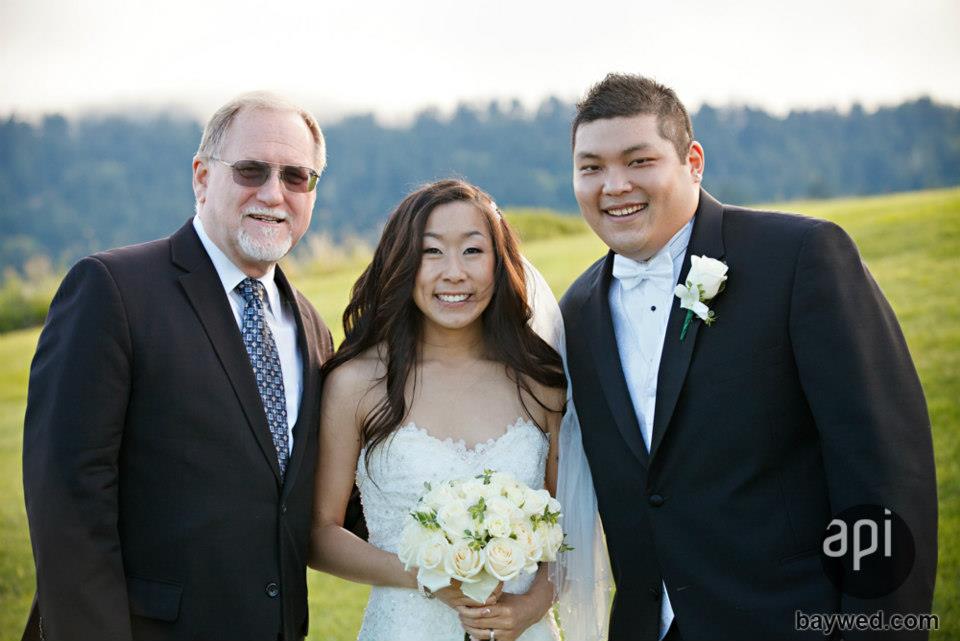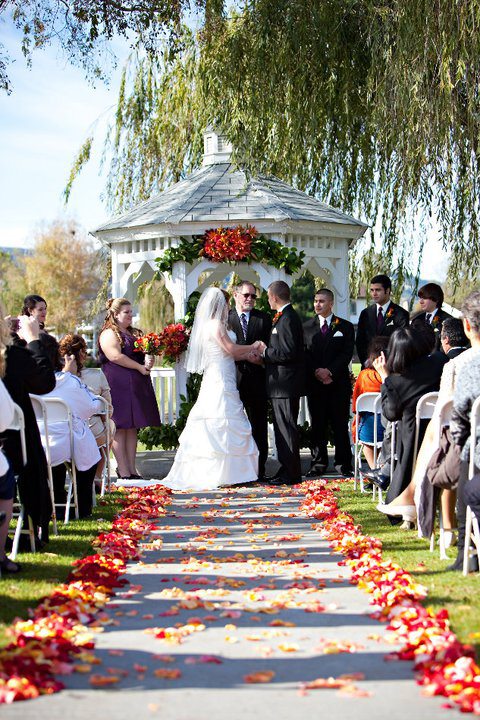What is the Purpose of an Officiant?
When it comes to significant life events such as weddings, funerals, or other ceremonial occasions, an officiant plays a vital role. Understanding the purpose of an officiant helps clarify why their presence is so important and the many officiant benefits they bring to these special moments.
Defining the Role of an Officiant
An officiant is an individual authorized to lead a formal ceremony, often one that marks a significant milestone in people’s lives. Most commonly, officiants are associated with weddings, where they preside over the marriage ceremony to ensure that the event complies with legal and traditional requirements. However, officiants can also conduct other ceremonies such as vow renewals, memorial services, baby naming ceremonies, and commitment ceremonies.
What sets an officiant apart is their official capacity to facilitate and validate the ceremony, making it legally or spiritually recognized. Depending on the jurisdiction, officiants must obtain specific credentials or licenses to perform legal marriages. These credentials lend legitimacy to the ceremony, converting a personal expression of commitment into a recognized union.
Officiant Benefits in Weddings and Ceremonies
Legal Authority and Compliance
One of the primary benefits of having an officiant is their legal authority to solemnize marriages. Without an officiant, a wedding may not be legally binding. Officiants ensure that all legal protocols are followed, such as the signing and filing of the marriage license, thereby guaranteeing that the union is recognized by law. This is an essential officiant benefit that protects the couple’s rights and rights related to their marriage.
Personalization and Guidance
Apart from legality, officiants often act as guides throughout the planning and execution of the ceremony. They help couples or participants to craft personalized vows, structure the ceremony flow, and incorporate meaningful rituals. This personalization ensures that the ceremony reflects the values, culture, and preferences of those involved.
The officiant benefits couples by relieving stress and helping to ensure that the ceremony runs smoothly, creating a memorable and emotional experience tailored to their unique journey.
Emotional Support and Presence
An officiant also provides an emotional anchor during what can be an overwhelming event. Their calm demeanor and experience help manage any unforeseen glitches, and they can inspire the mood with uplifting words or wisdom. This role is crucial in keeping the ceremony heartfelt and focused, adding a human touch beyond administrative formalities.
Inclusivity and Adaptability
Modern officiants often embrace inclusivity, empowering couples of all backgrounds, religions, and orientations to celebrate their milestones authentically. Whether the ceremony is secular or religious, traditional or contemporary, an officiant adapts to meet the needs and wishes of the participants, broadening the scope of celebration and recognition.
Why Hiring an Officiant Matters
While some opt for a friend or family member to officiate, choosing a professional officiant can elevate the ceremony’s quality. Professional officiants bring expertise in speaking, ceremony structure, and legal knowledge. They offer officiant benefits such as reliability and professionalism that ensure the event honors its significance without last-minute issues.
In addition, they often act as mediators during the ceremony planning process, facilitating communication especially when family dynamics or logistical concerns arise.
Officiants Beyond Weddings
Beyond weddings, officiants also conduct other ceremonies that mark important life passages. In funerals and memorial services, they provide structure, offer comfort, and help attendees say goodbye with dignity. In other rituals like baby blessings or commitment ceremonies, officiants add meaning and recognition that enhance the family or community bonds.
The officiant benefits in these roles extend to emotional healing and community building, proving how essential officiants are in our cultural fabric.
Final Thoughts
The purpose of an officiant goes far beyond merely reading through a script at a ceremony. Officiants hold a unique position that combines legal authority, emotional support, guidance, and personalization to create memorable and valid ceremonies. From weddings to funerals and beyond, officiant benefits include ensuring legal compliance, facilitating meaningful experiences, and lending professionalism and inclusivity to life’s key moments.
Whether you are planning a wedding or another meaningful event, understanding the role and value of an officiant will help you appreciate the irreplaceable contribution they make — making every celebration both impactful and recognized.
Visit our blog page for more interesting articles



Follow Us!